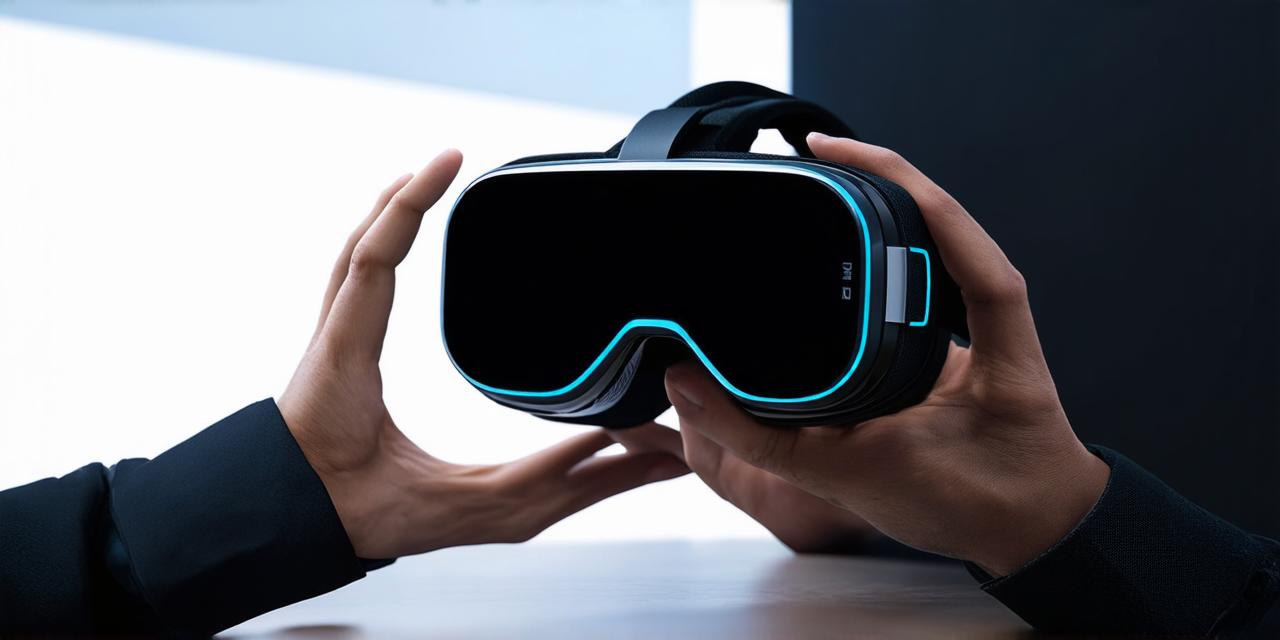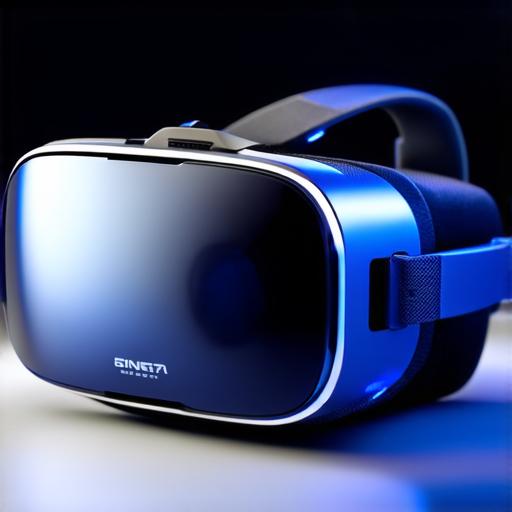
What does a virtual reality headset do?
Virtual reality (VR) technology has been rapidly advancing in recent years, and virtual reality headsets are at the forefront of this revolution. These devices allow users to experience immersive digital environments as if they were real, providing a level of engagement and interaction that traditional gaming and media experiences cannot match.
What is a Virtual Reality Headset?
A virtual reality headset is a device worn on the head that tracks the user’s movement and provides them with a 360-degree view of a digital environment. The headset typically consists of two screens, one for each eye, which display stereoscopic images that create an illusion of depth and three-dimensionality. The headset also includes sensors such as accelerometers and gyroscopes that track the user’s head movement and adjust the image accordingly, providing a seamless and immersive experience.
Gaming

Virtual reality headsets have revolutionized the gaming industry by providing players with an unparalleled level of immersion and interaction. With a VR headset, players can step into their favorite games and explore digital worlds as if they were real. This has led to the creation of new game genres such as first-person shooters, adventure games, and puzzle games that are specifically designed for virtual reality.
Education
Virtual reality technology has the potential to revolutionize education by providing students with immersive and interactive learning experiences that can enhance their understanding of complex subjects. With a VR headset, students can take virtual field trips to historical sites, explore the solar system, or even practice dissection without harming animals. This provides a safe and controlled environment for students to learn and experiment, which can lead to better retention and comprehension of information.
Healthcare
Virtual reality technology has many applications in healthcare, including training medical professionals, treating phobias, and providing pain relief. Medical professionals can use virtual reality simulations to practice surgical procedures or train for emergency response situations, which can improve patient outcomes and reduce medical errors. Virtual reality therapy can also be used to treat mental health conditions such as anxiety, depression, and PTSD by exposing patients to controlled virtual environments that trigger their symptoms.
Tourism
Virtual reality technology has the potential to revolutionize the tourism industry by providing travelers with immersive and interactive experiences that can enhance their understanding of different cultures and environments. With a VR headset, travelers can take virtual tours of historical sites, explore the natural world, or even experience space travel without leaving Earth. This provides a safe and controlled environment for travelers to learn about different cultures and environments, which can improve their appreciation and respect for these places.


